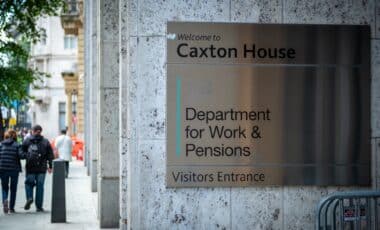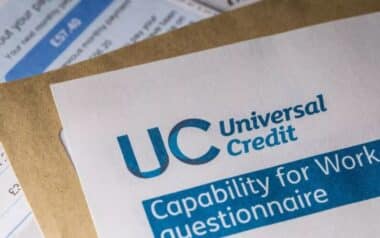A landmark High Court ruling has found the Department for Work and Pensions (DWP) in breach of fairness over its handling of rent deductions from Universal Credit payments. The decision demands a procedural shift to ensure claimants’ rights are upheld in future housing-related deductions.
The judgment could bring meaningful change to thousands of individuals relying on Universal Credit, especially those facing disputes over rent payments. With deductions often made without consultation, the court’s intervention signals a pivotal moment for those most at risk of financial instability.
High Court Criticises Lack of Consultation with Claimants
In its ruling, the High Court highlighted that the DWP’s policy of authorising rent-related deductions without prior engagement with claimants was inherently flawed. In one case, a Universal Credit recipient had funds deducted to pay rent arrears during an ongoing dispute with their landlord, despite a move-out date already being agreed. The deductions were later refunded, but the claimant contested the policy’s legality in a judicial review.
The court determined that such decisions failed to account for critical factors, including whether the rent was genuinely owed, whether a dispute was active, or whether deductions were in the claimant’s best interests. A judge observed that decision-makers may lack vital information in the absence of claimant input, potentially leading to unfair outcomes.
The judgment mandates that claimants must now be given the opportunity to present their case before deductions are authorised. This includes providing evidence of disputes, highlighting potential risks like eviction, or disclosing plans to leave the property. The court’s decision sets a new standard for ensuring transparency and fairness in DWP processes.
Implications for Universal Credit Recipients
This ruling is expected to benefit thousands of households dependent on Universal Credit, many of whom face significant financial challenges. Emma Varley, a representative from the Public Law and Human Rights team, stated, “This is an important judgment which confirms what Mr Roberts felt sure of from the outset: that it was unfair of the DWP to make deductions from his benefit without first asking him what he thought about them. This judgment should lead to fairer, and better, decision-making by the DWP, which should positively impact the many thousands of people that receive Universal Credit benefit that are at risk of experiencing these types of deductions.”
By requiring consultation before deductions, the judgment provides a safeguard for vulnerable individuals, especially those navigating complex disputes with landlords. The ruling also emphasises the importance of aligning DWP policies with broader principles of fairness and human rights.
While the DWP has yet to outline the specifics of how it will comply with the ruling, advocates hope this development will bring meaningful reforms to a system often criticised for its lack of transparency. As the judgment reverberates through the welfare system, its impact on future policies remains a crucial area to monitor.









